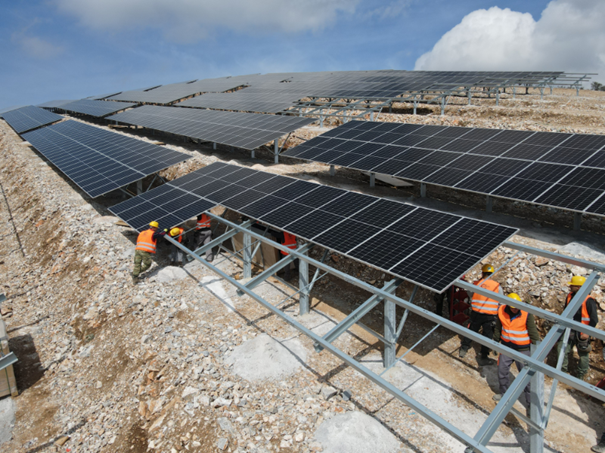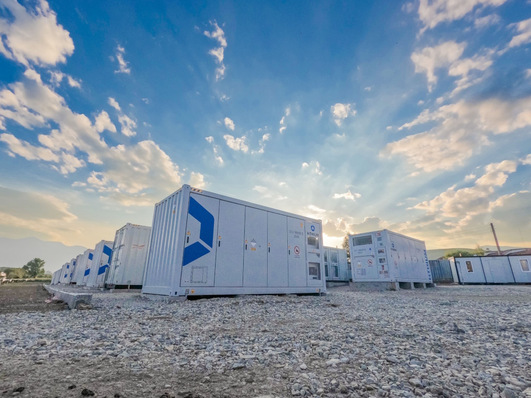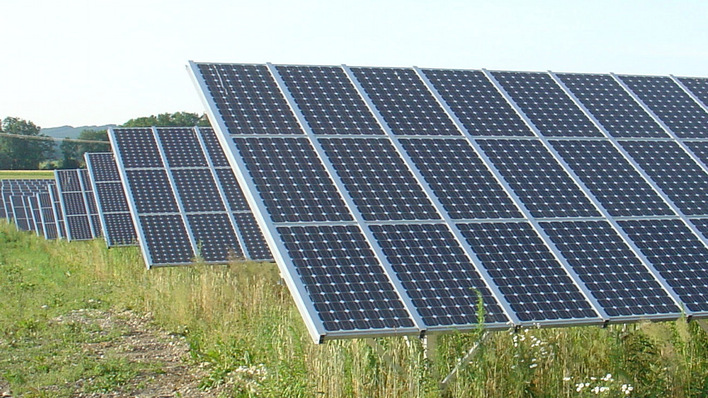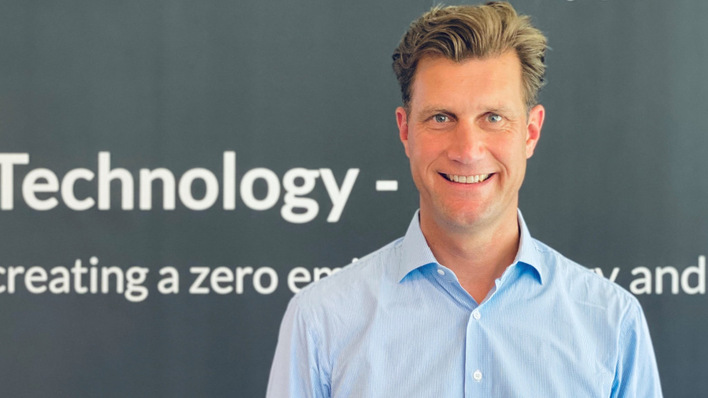With the number of solar workers growing rapidly, high quality skills must go together with large-volume recruitment. SolarPower Europe’s third annual EU Solar Jobs Report brings forward earlier projections and predicts more than 1 million solar workers in the EU as soon as 2025. These workers will need to be capably-trained to deliver well-functioning and safe solar equipment and installations.
Walburga Hemetsberger, CEO at SolarPower Europe said, “Looking at the solar skills gap, we’re beginning to tackle quantity, and now we need to re-double our efforts on quality. Citizens and businesses must feel confident that their solar project is manufactured, installed, and maintained by properly trained, trustworthy, professionals.”
Installation segment dominating
From 2021 to 2022, the EU’s solar workforce grew by almost 200,000 people, reflecting the solar market’s own growth. Hitting 648,000 workers in 2022, the sector is set to reach 800,000 workers in 2023, and 1.2 million by 2027 in SolarPower Europe’s most-likely scenario for EU solar market growth.
As in previous years, the installation segment of the value chain continues to dominate the share of workers, employing 84% of solar workers. Operating and maintaining plants represents 8% of workers, with high-value strategic jobs in manufacturing supplying over 7% of jobs.
Did you miss that? Record low PV prices endanger European manufacturing
Poland takes the EU lead for solar job creation – a testament to its large residential solar sector – with almost 150,000 of the bloc’s solar jobs. Spain and Germany follow respectively, each with around 100,000 solar workers.
While analysis reveals significant growth trends in solar employment, challenges remain in understanding exactly where the gaps lie, and making sure that every solar worker has the right type and level of skills to deliver the energy transition. The report shares 7 policy recommendations to secure the solar workforce Europe needs:
Recommendations
- National assessments of skills gaps
- Communication and education campaigns on green collar jobs
- Specialised training for relevant professionals
- Retraining programmes around the needs of the just transition – using Net-Zero Industry Academies to develop training content
- Skill-proof all energy policies
- Facilitate intra-EU freedom of movement of workers with cross-border recognition of skills
- Integrate the solar sector’s needs into existing immigration policies (hcn)









